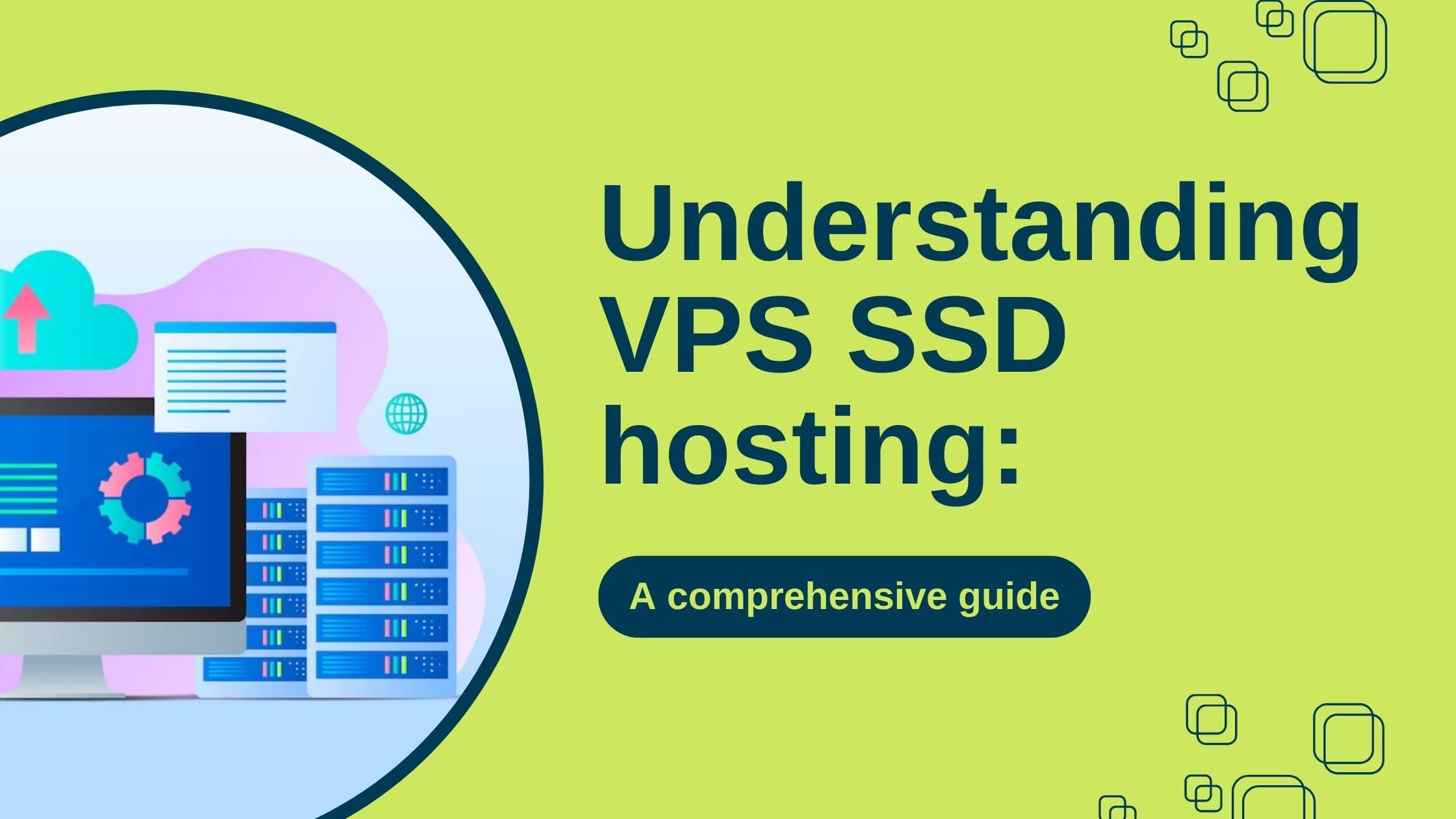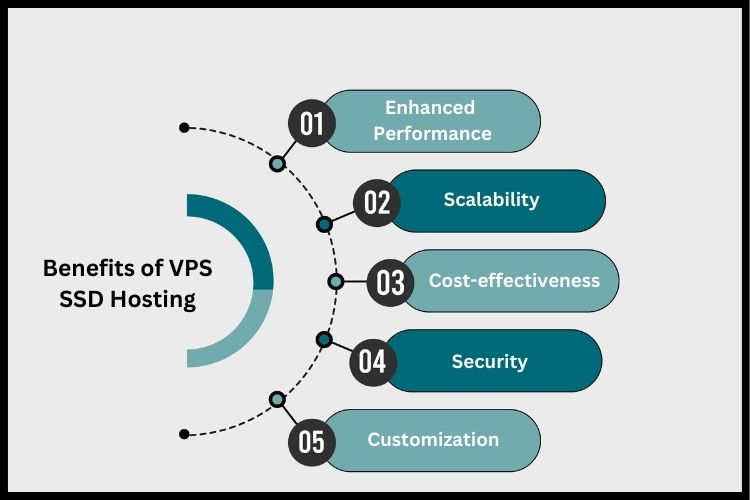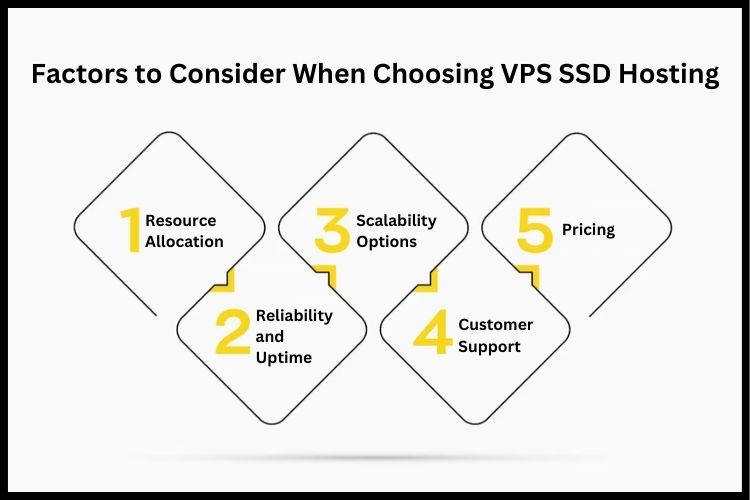Summary

Article Name
Understanding VPS SSD hosting: A comprehensive guide
Description
In the world of web hosting, Virtual Private Server (VPS) SSD hosting has gained significant popularity due to its flexibility, performance, and cost-effectiveness.
Author
Iram
Publisher Name
VPS SSD Hosting
Publisher Logo


